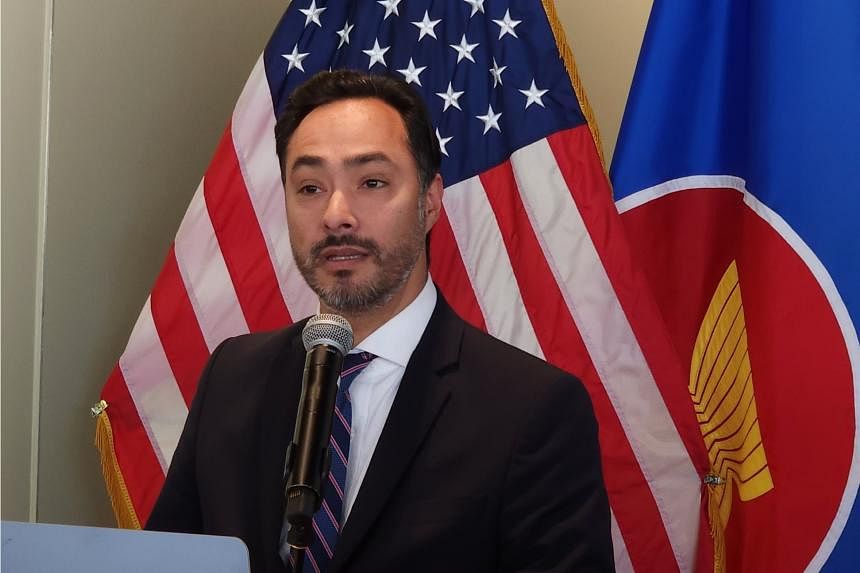WASHINGTON – The crowd of Washington’s South-east Asia watchers in the room on Dec 14 was small but enthusiastic, whooping and clinking champagne flutes as a red ribbon fluttered to the floor, signalling the inauguration of the US-Asean Centre in Arizona State University’s offices in downtown Washington, DC.
The centre will support research, training and people-to-people connections between Asean and the United States. It will also elevate Asean’s profile in Washington, where the grouping, while enjoying wide consensus as an economic partner of the US, must still compete for air in a city where energies are often consumed by threats and crises, real or perceived – currently the wars in the Middle East and Ukraine, and, of course, China.
Already a subscriber? Log in
Read the full story and more at $9.90/month
Get exclusive reports and insights with more than 500 subscriber-only articles every month
ST One Digital
$9.90/month
No contract
ST app access on 1 mobile device
Unlock these benefits
All subscriber-only content on ST app and straitstimes.com
Easy access any time via ST app on 1 mobile device
E-paper with 2-week archive so you won't miss out on content that matters to you


